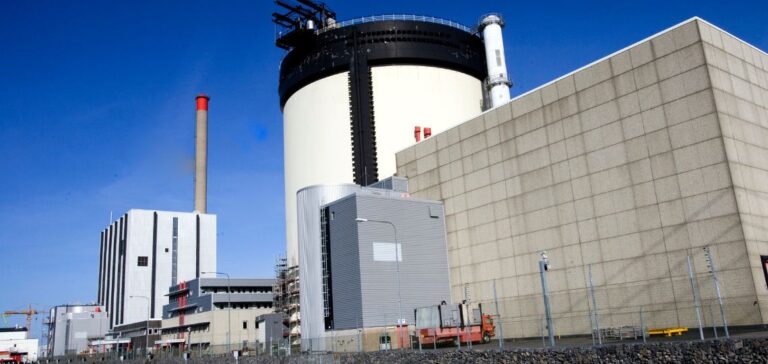The MUST (Multidisciplinary Commitments for Sweden’s Gen IV Technology and Expertise) project brings together researchers from the universities of Chalmers, KTH, Uppsala and Lund. This project aims to strengthen existing research centers in Sweden, notably ANItA and SUNRISE, with a focus on sustainable power generation and resource utilization in the Gen IV system. Christian Ekberg, project coordinator and Professor of Nuclear Chemistry at Chalmers, enthuses: “The fact that Sweden dares to invest in the nuclear technology of the future is very gratifying.” Once fully developed, this system could produce as much energy as the 12 Swedish reactors in operation in the past, without requiring new uranium mines.
Investment and Partnerships
The results will provide valuable information for a case study on Gen IV implementation by Kärnfull Next AB, the project’s commercial partner. John Ahlberg, Chief Strategy Officer at Kärnfull Next, says: “Our participation aligns perfectly with our mission to promote technological advances and ensure the long-term viability of nuclear power. We believe in the transformative potential of Gen IV technology to deliver clean, safe and reliable energy.”
Skills Development and Education
In addition to developing Gen IV technology, the MUST project addresses the need to develop skills in nuclear and radiological sciences. It hires young researchers and allocates significant resources to training and mentoring PhD students, helping to revitalize nuclear expertise in Sweden. Ekberg points out: “Education in radiological sciences is rare in Sweden. KTH and Uppsala University have programs focusing mainly on nuclear reactors.
Future prospects
Kärnfull Next plans to have the first commercial SMR (Small Modular Reactor) operational in Sweden by the early 2030s. Ahlberg adds, “Our involvement in this Gen IV initiative testifies to our long-term vision and complements our day-to-day activities of prospecting for new SMR sites in Sweden.” This technology, which minimizes radioactive waste and enables spent nuclear fuel to be reused, could revolutionize the energy sector, while fostering the development and training of new skills in the nuclear sciences.





















